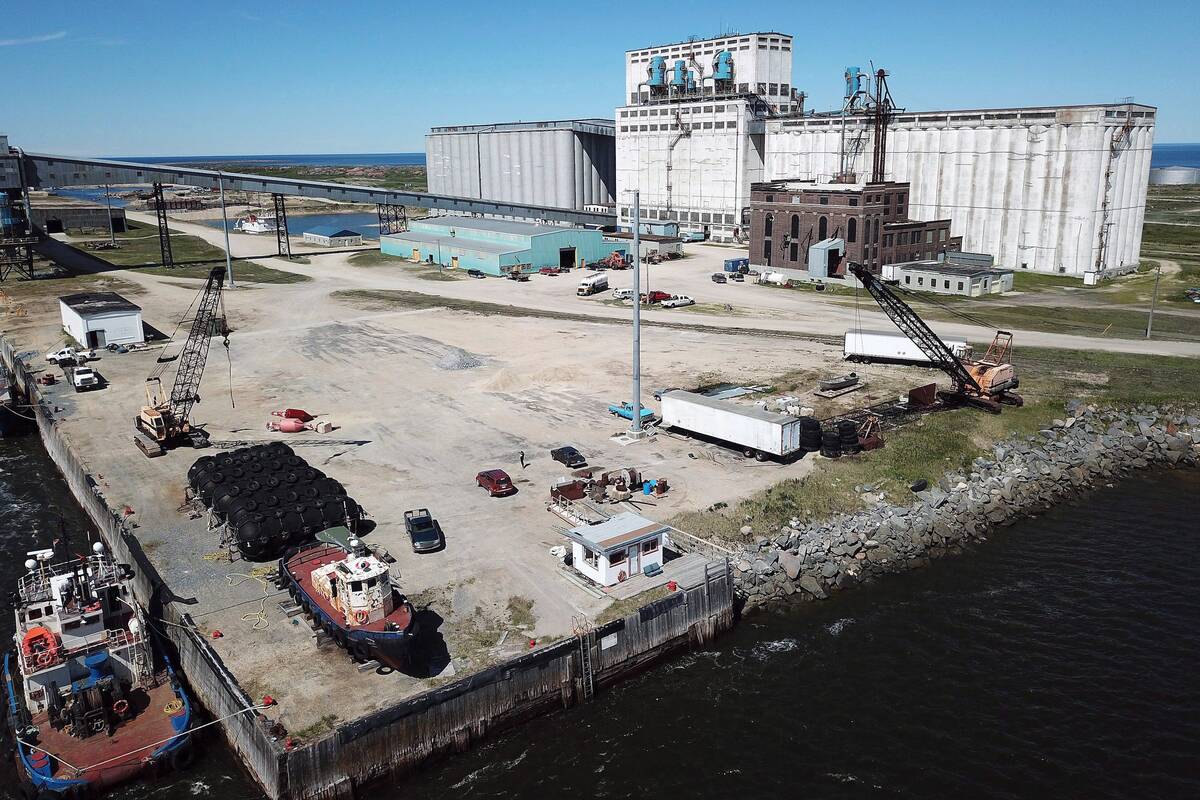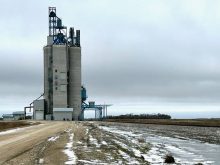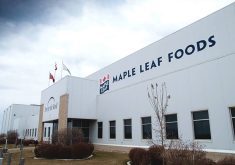Reuters – The Brazil-based joint venture between energy company BP and agri-business Bunge will phase out use of mineral fertilizers on sugarcane fields by 2025, the companies said in a Jan. 23 statement.
Instead, it will increase use of biological alternatives developed by Brazil’s agricultural research agency Embrapa.
The move, which comes after a rise in crop nutrient prices globally, includes nitrogen, phosphorus and potassium, BP Bunge said.
Read Also

Air, land and sea join forces as Manitoba launches Arctic trade corridor plans
Manitoba wants to take its Arctic trade routes to the big leagues. The Port of Churchill, CentrePort Canada and Winnipeg airport have all raised their hands to help it happen.
Brazil, a large producer of sugar, coffee, soybeans and corn, among other commodities, is a heavy fertilizer importer.
As of the 2022-23 sugarcane harvest, ending in March, BP Bunge said it had managed to stop using nitrogen fertilizers on 100 per cent of its sugarcane-planted area. That translates to about 50,000 hectares.
Mineral fertilizer substitution has already allowed a rise in sugarcane yields between three and 10 tonnes per hectare, the company said.
BP Bunge said the initiative has also bolstered plant lifespan by two years, while reducing the company’s potassium chloride purchases by up to 80 per cent.
















